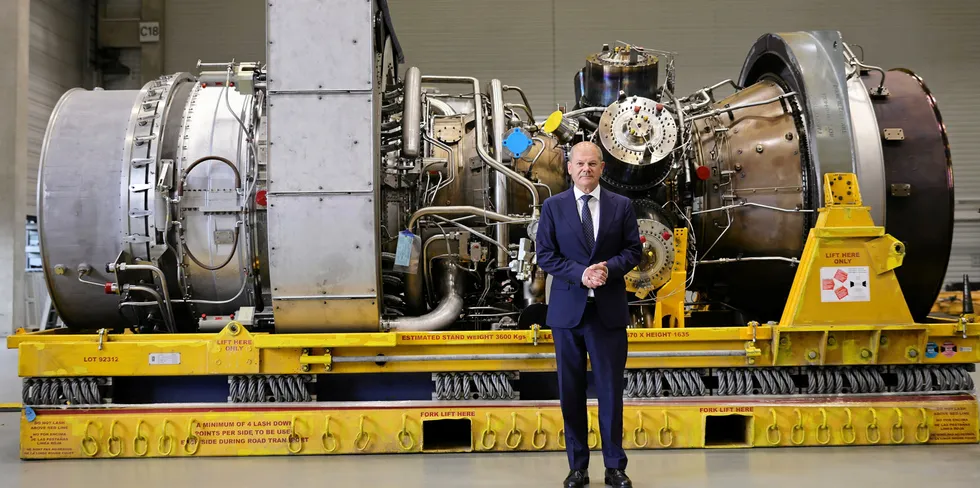Green alternative | Could biogas help Germany break Russia's fossil stranglehold?
Study says renewable alternative could replace almost half of fossil gas used for power generation as Berlin scraps limits on production

Study says renewable alternative could replace almost half of fossil gas used for power generation as Berlin scraps limits on production
